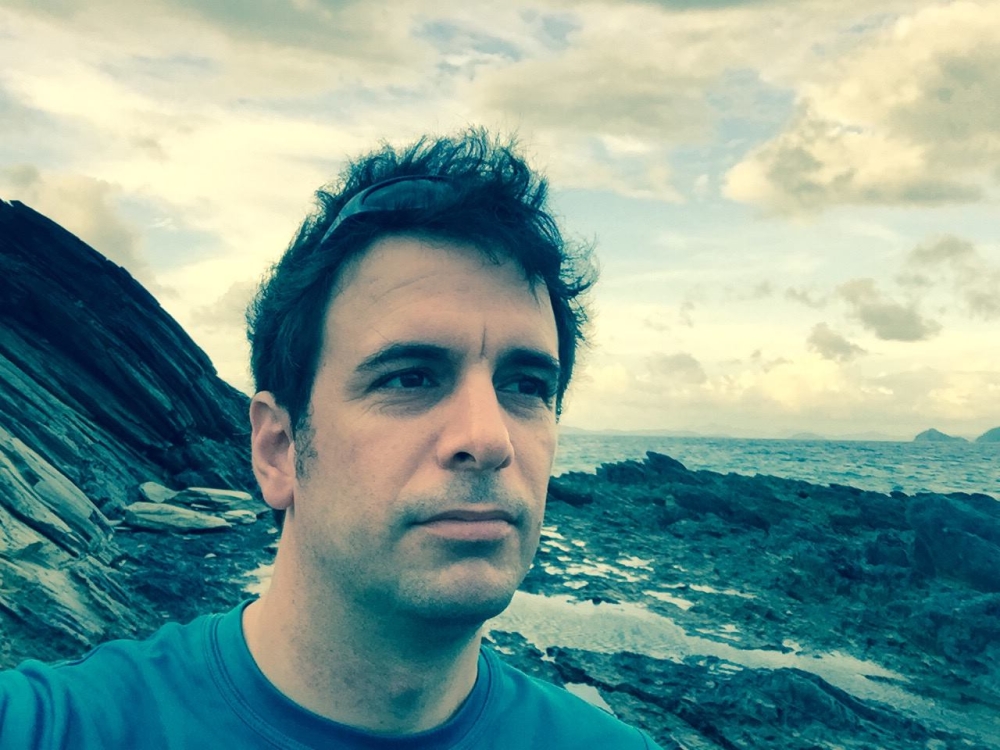WHEN I was a young boy, a distant uncle - an estilista muy afeminado (effeminate stylist) - would always greet me paternally every time we met accidentally on the street. He would then spare me many coins "for an ice cream" as he generously offered. My mother would then whisper to me stories about how people of his kind were persecuted and beaten by the police during the harsh years of Franco's dictatorship. She cautioned me to respect my uncle and his friends by refusing to laugh at them even if I were surrounded by people who did. "No matter how different they may seem, they too have a big heart just like I do for you," she would say. Later on, I read many novels, poems and diaries of many authors I came to love during my teenage years. I was later surprised to find out many of them would be belatedly considered members of the LGTBQIA+ community: Oscar Wilde, Federico García Lorca, Anaïs Nin, Ludwig Wittgenstein and Luis Cernuda. According to several global surveys, my home country, Spain, is one of the best places on the planet to be proudly queer and different, an achievement that makes me proud of how far one country can go in working for social inclusivity and equality.
This month, a very thick and ambitious volume on queer issues particular to the Philippine context was published. More Tomboy, More Bakla Than We Admit promises to be one of those anthologies that will be repeatedly consulted in the coming decades by people interested in non-heteronormative issues - not only in the Philippines but also globally. The subtitle aptly summarizes both its sweeping and specific research areas: Insights into Sexual and Gender Diversity in Philippine Culture, History and Politics.
Continue reading with one of these options:
Ad-free access
P 80 per month
(billed annually at P 960)
- Unlimited ad-free access to website articles
- Limited offer: Subscribe today and get digital edition access for free (accessible with up to 3 devices)


